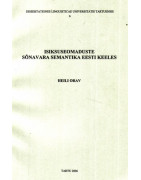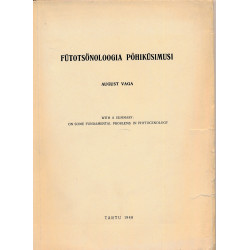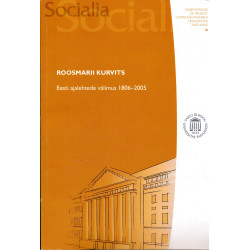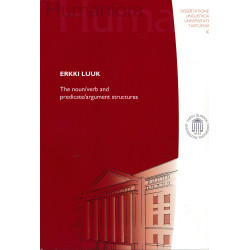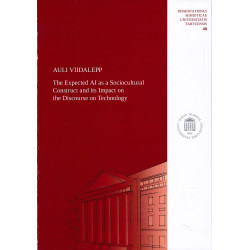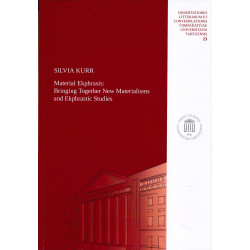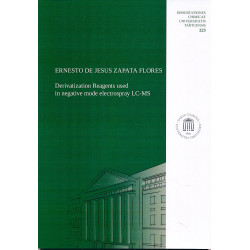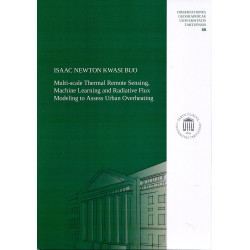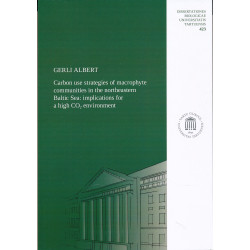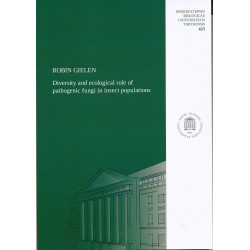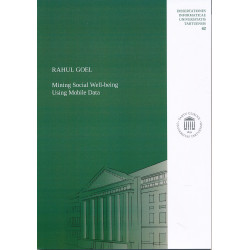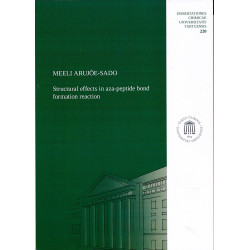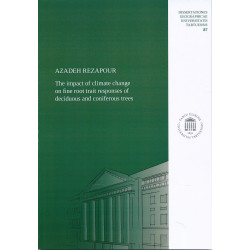Dissertations
An extensive collection of dissertations defended at the University of Tartu are available in printed and electronic format. The dissertations are of different study levels including Bachelors, Masters, and PhD. They cover a variety of topics, such as atomic physics, mathematics, statistics, anthropology, environmental science, sewage systems, computer programming, information technology, politics, etc. The dissertations are from a large number of years and go back as far as 1950s.
